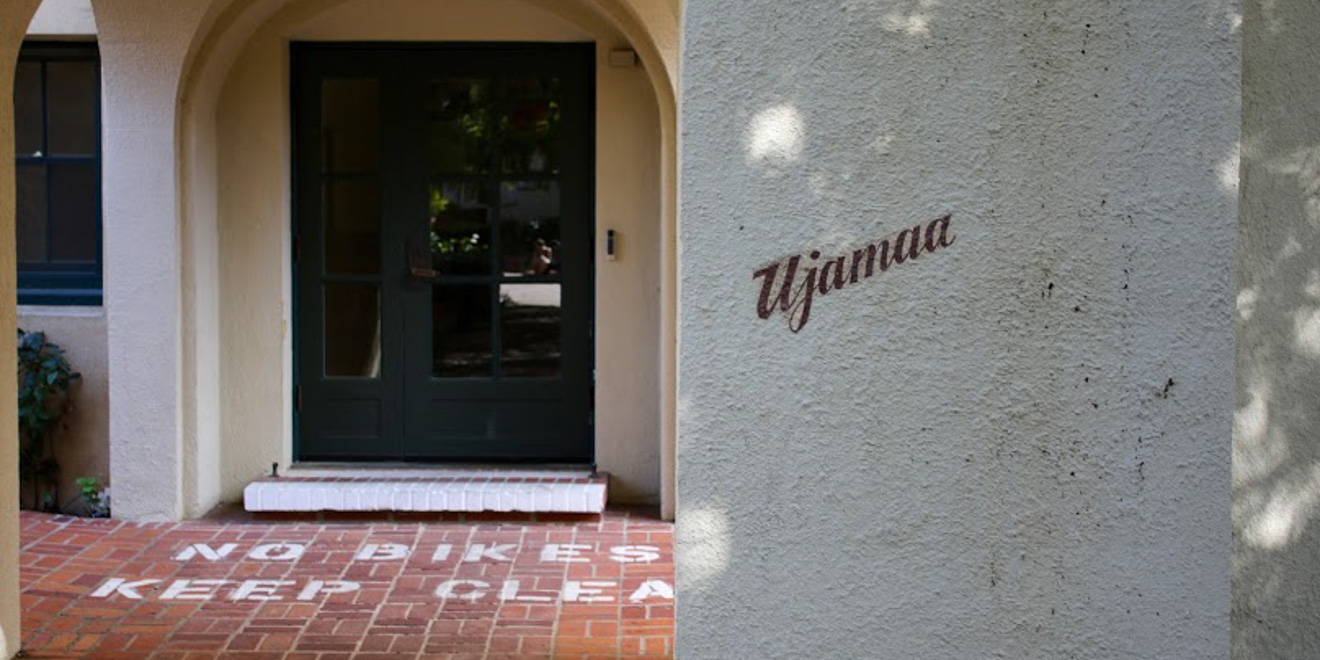Snapchat co-founder Evan Spiegel ’12 and his family provided an undisclosed amount of funding for Stanford’s Black Community Services Center (BCSC) and Ujamaa House, creating a permanent source of funding for the organizations. The donation, which was announced by Stanford News in November, will expand BCSC’s educational, leadership and cultural programs, as well as those provided at Ujamaa House.
Spiegel’s “intentionally targeted donation is a great model for how tech companies, corporations, and other businesses can contribute to Black, Indigenous, and other communities of color in addition to poor peoples,” wrote Micheal Brown ’22, the chair of the BCSC Leadership Development Committee, in an email to The Daily. “And these donations should be made to all sorts of non-profits and civic organizations.”
But some voiced concerns that the donation was an attempt on Spiegel’s part to absolve himself of past wrongdoings, including sexist emails he reportedly sent as a member of the Kappa Sigma fraternity.
“I’m glad that the Black spaces have been endowed,” law professor Michele Dauber wrote on Twitter. “But it saddens me greatly that this white man, who sent these emails that exhibited misogyny, homophobia and intersectional bias, would be the person to do so. It’s tremendously on brand.”
Snapchat, where Spiegel is currently CEO, declined to comment on the issue, and declined to provide a way for The Daily to contact him. Dauber and the current president of Kappa Sigma also did not respond to request for comment.
Brown said he does not see how the emails are related to the donation.
“The donation is about providing opportunities for Black students at Stanford, a PWI [predominantly white institution] which has historically underfunded resources for Black communities, and the donation does not implicate anything about alleged wronging or controversy,” Brown wrote.
University spokesperson E.J. Miranda wrote that “The University recognizes that systemic injustice and anti-Black racism are essential issues for our nation and community to address, and that advancing diversity, equity and inclusion on campus will require significant cultural and institutional changes.”
Brown, the chair of the Undergraduate Senate, also said the University should see the donation as an indicator when deciding how to allocate funds.
“The University should see this donation as a signal of how they should move forward, with funding more for Black studies, the MLK Research Center, and other centers and resources for other communities,” Brown wrote.
Brown added that “ … the University has repeatedly failed to provide adequate support and funding for programming for marginalized communities, including the Black community.”
Students and faculty have consistently criticized the University for what they see as inadequate support for the Martin Luther King, Jr. Research and Education Institute. The institute, which is housed in a temporary building, operates on an annual budget of about $500,000, according to director Clayborne Carson.
When asked whether the University would use the donation as an example, Miranda wrote, “Our hope is that this gift will serve as an inspiration to the many alumni, parents and friends who share our commitment to creating a more inclusive and equitable institution.”
Along with supporting the BCSC, the gift will support Ujamaa’s resident fellow (RF) and will make the position a named one, retitling it the Jan Barker-Alexander Resident Fellow in Ujamaa after the house’s longtime RF who has held the role since 2006.
“‘I am humbled and thankful for this gift in support of Ujamaa and the BCSC,’” Barker-Alexander told Stanford News.
Spiegel has contributed to other efforts in addition to his recent donation to the BCSC and Ujamaa House. With Snapchat co-founder Bobby Murphy ’10, he created the Snap Foundation, which aims to “develop pathways to the creative economy for underrepresented youth in Los Angeles.”
The foundation reportedly contributed more than $3 million to meet needs created by the COVID-19 pandemic.
Contact Rosana Maris Arias at rosmar18 ‘at’ stanford.edu.
